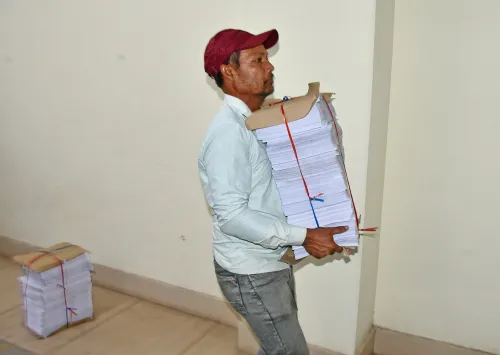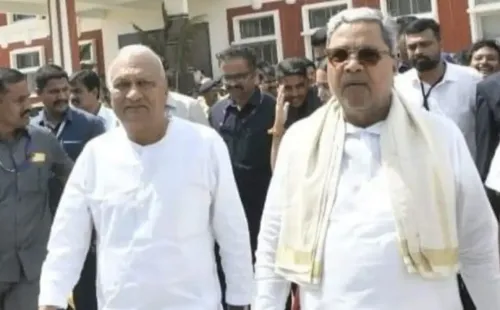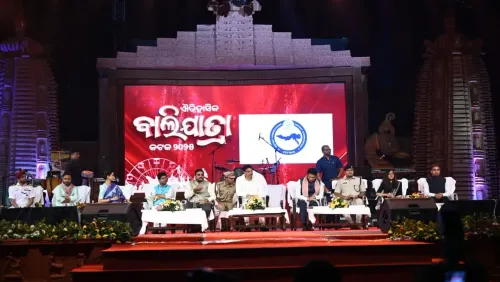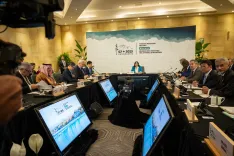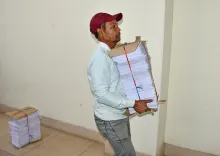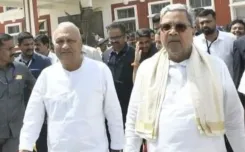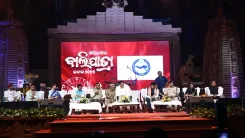Are Corruption Charges Looming Over the Sabarimala Gold Heist?
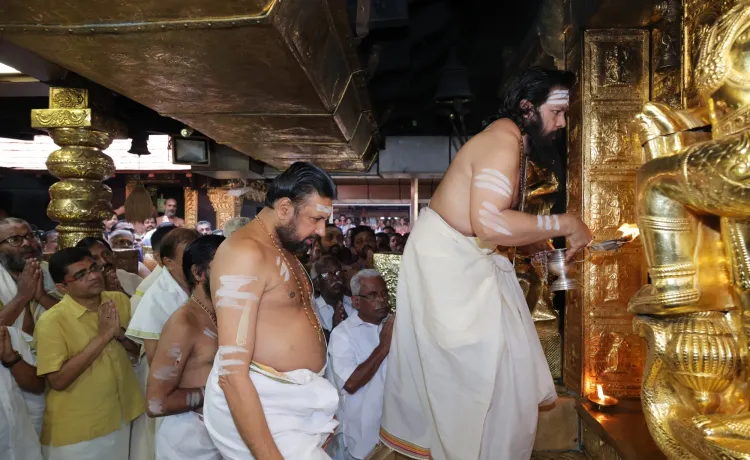
Synopsis
Key Takeaways
- SIT's action reflects increasing scrutiny of corruption.
- Political ramifications could emerge as investigations proceed.
- New charges complicate the legal landscape for implicated officials.
- Local elections could be influenced by ongoing developments.
- Public trust in governance is at stake.
Thiruvananthapuram, Nov 12 (NationPress) The Special Investigation Team (SIT), investigating the Sabarimala gold heist, has activated provisions under the Prevention of Corruption Act, enhancing the legal parameters of the case and amplifying its political ramifications.
The SIT has presented an additional report to the Pathanamthitta court, stating that multiple government officials and members of the Travancore Devaswom Board (TDB) are implicated in corrupt activities related to the misappropriation of temple gold.
Following the application of the anti-corruption law, the case will be moved from the Ranni court to the Vigilance Court in Kollam, which handles cases under the Prevention of Corruption Act.
The investigation team claims that public servants and Devaswom officials allegedly aided or concealed the theft, thus necessitating the invocation of more stringent legal provisions.
This action occurs amidst significant political turbulence, as the SIT has already detained former Devaswom Board Commissioner N. Vasu and summoned former TDB president and CPI(M) leader A. Padmakumar for interrogation.
The application of the corruption law means the case is likely to become even more complex.
In addition to existing criminal allegations, new charges under the Prevention of Corruption Act will increase the difficulties for those named in the final charge sheet.
This broadening of charges implies that not only current and former TDB officials but also political appointees to the three-member board could face legal action.
The tenure of the Travancore Devaswom Board lasts three years, with representation typically divided among major political factions based on the ruling party.
The inclusion of political nominees under corruption laws could have extensive ramifications for various stakeholders.
With local body elections on the horizon, this situation adds further pressure on the ruling CPI(M), which is already facing scrutiny following the arrest of N. Vasu, a close associate in this case.
Among those arrested are sponsor Unnikrishnan Potti, serving TDB official Murari Babu, and retired officials - K.S. Byju and Sudheesh Kumar.
Interestingly, Vasu has held two terms as Devaswom Commissioner and has previously served as TDB president.
Meanwhile, Padmakumar, who received a notice to appear for questioning, has requested additional time.

